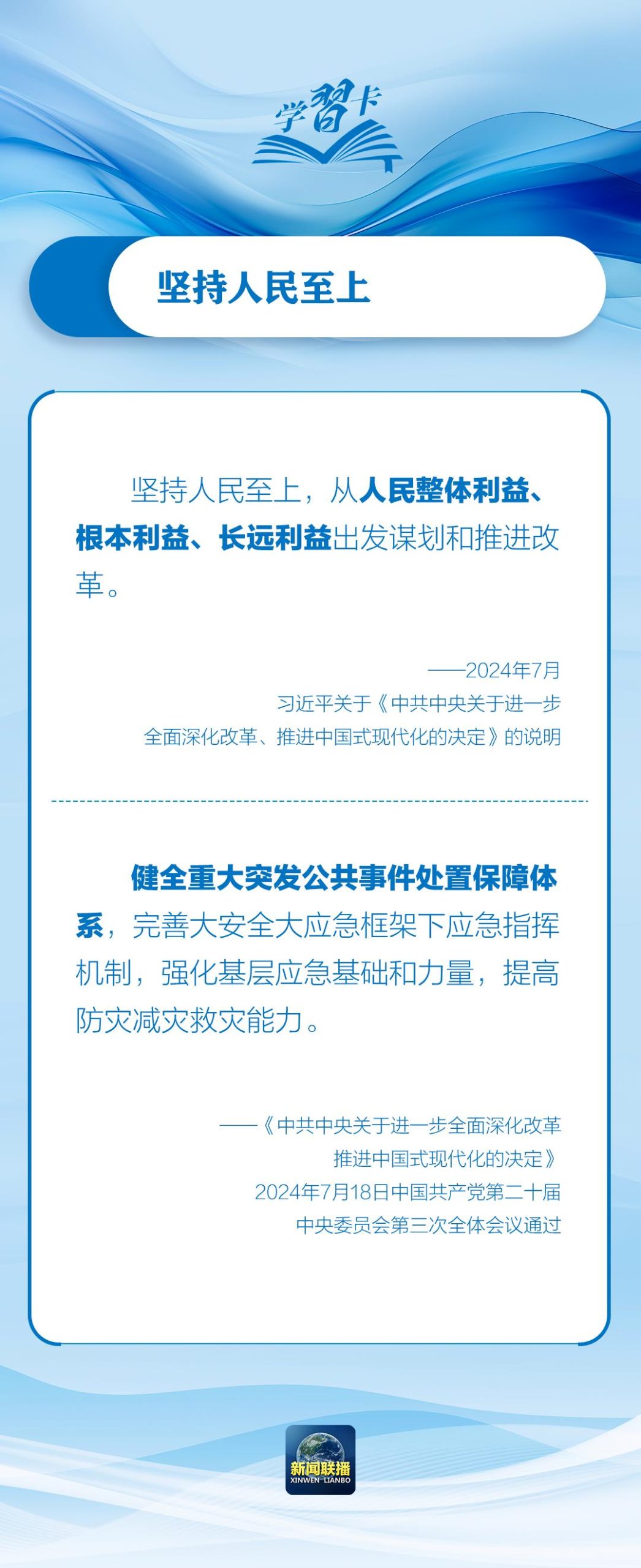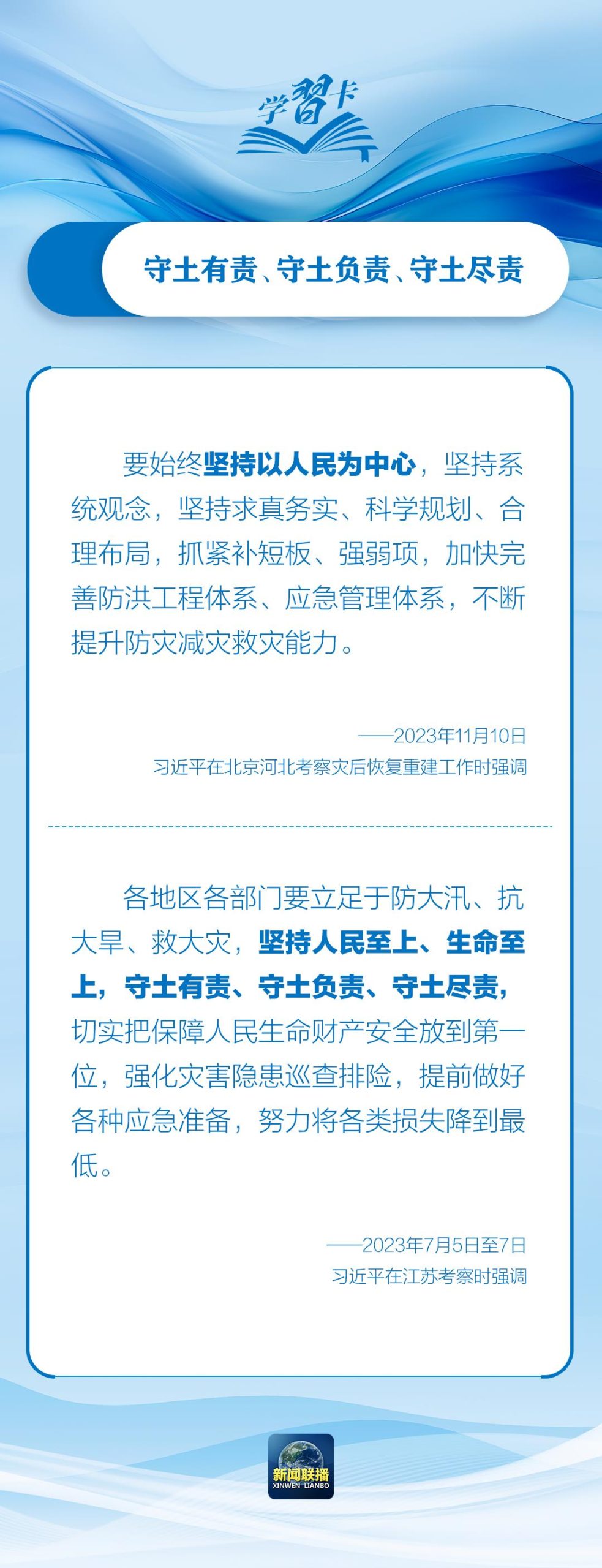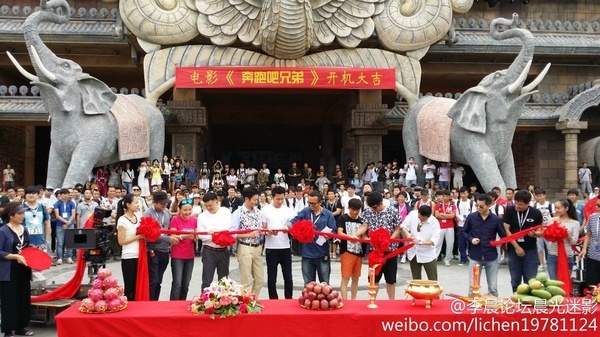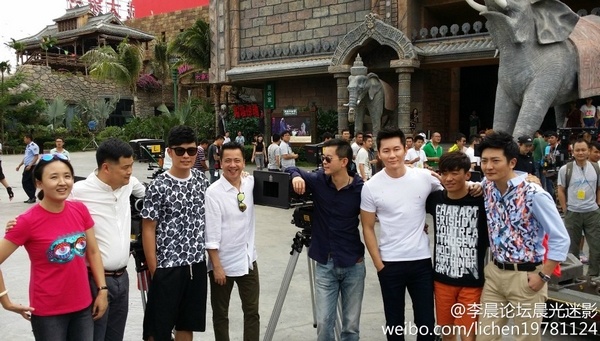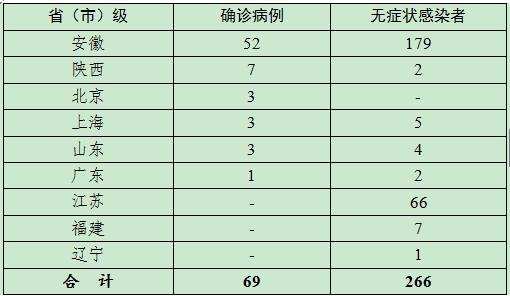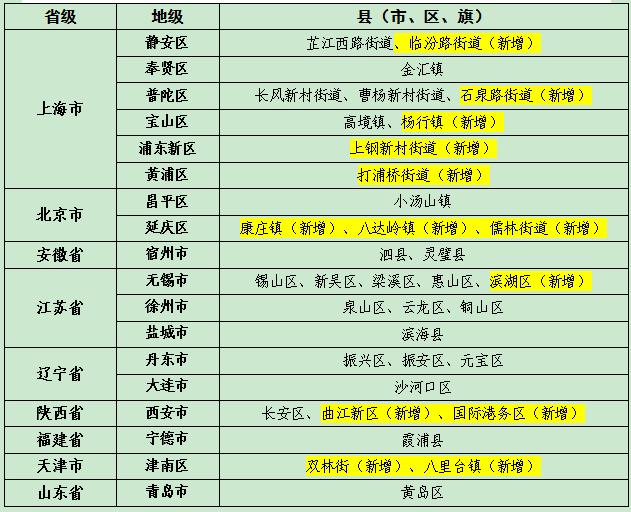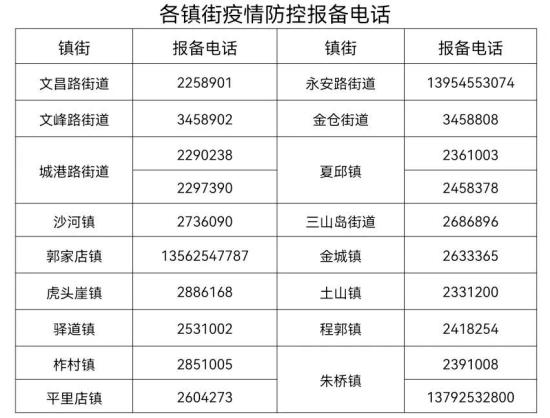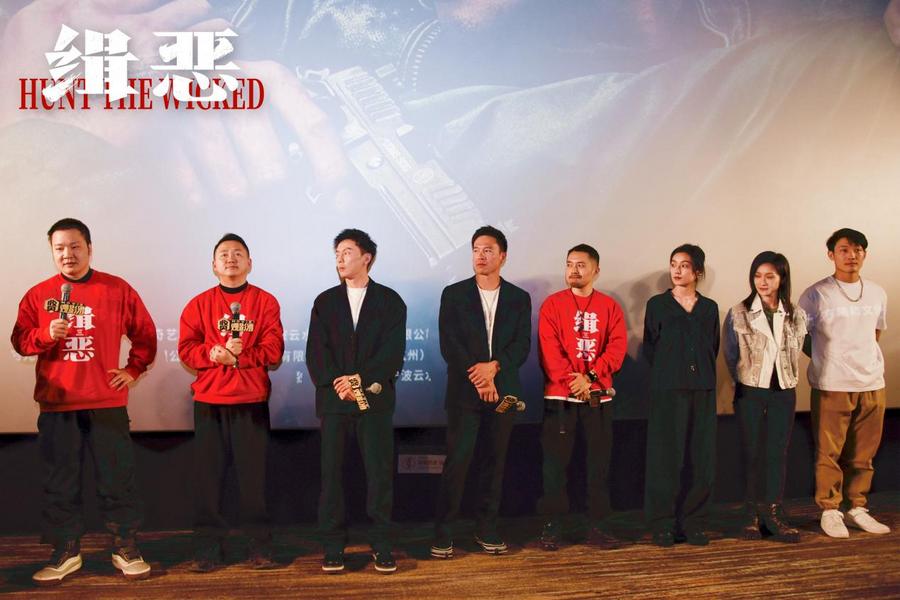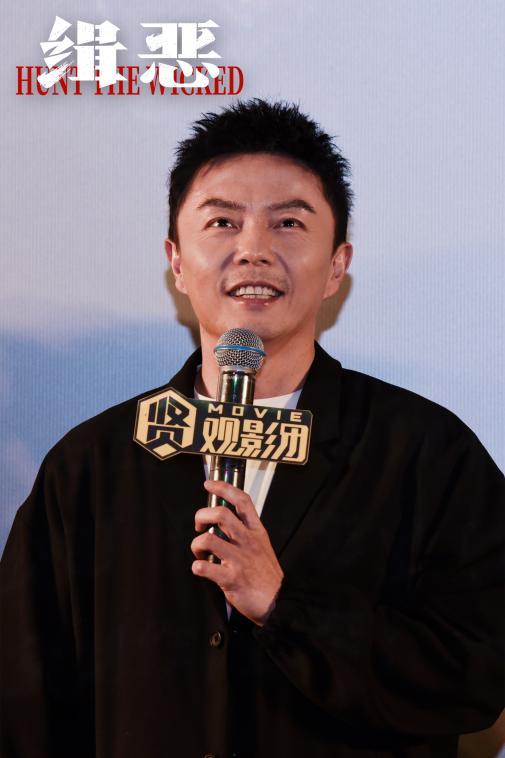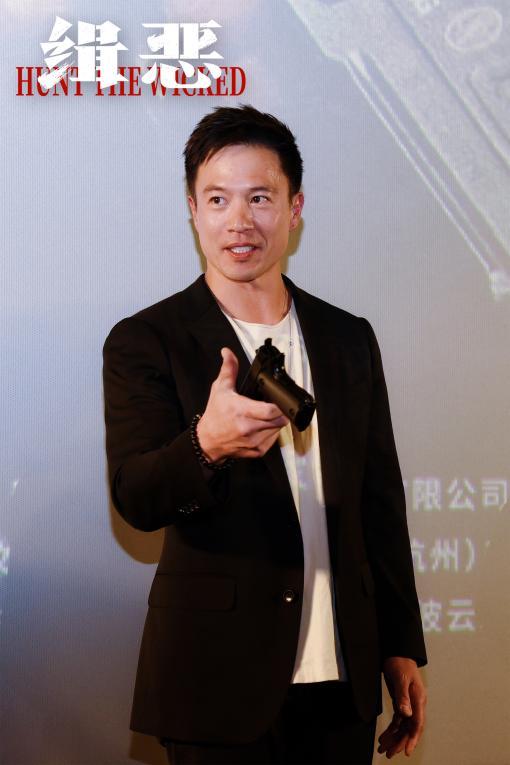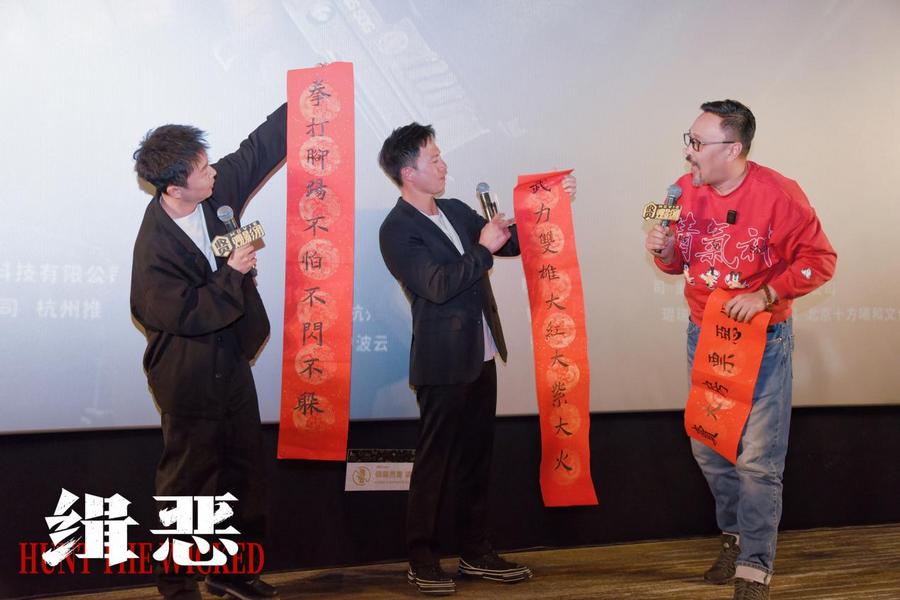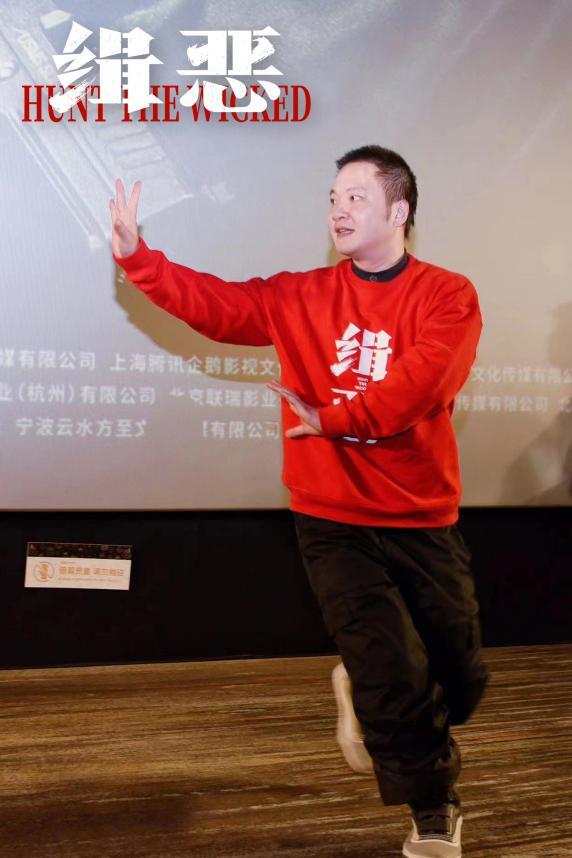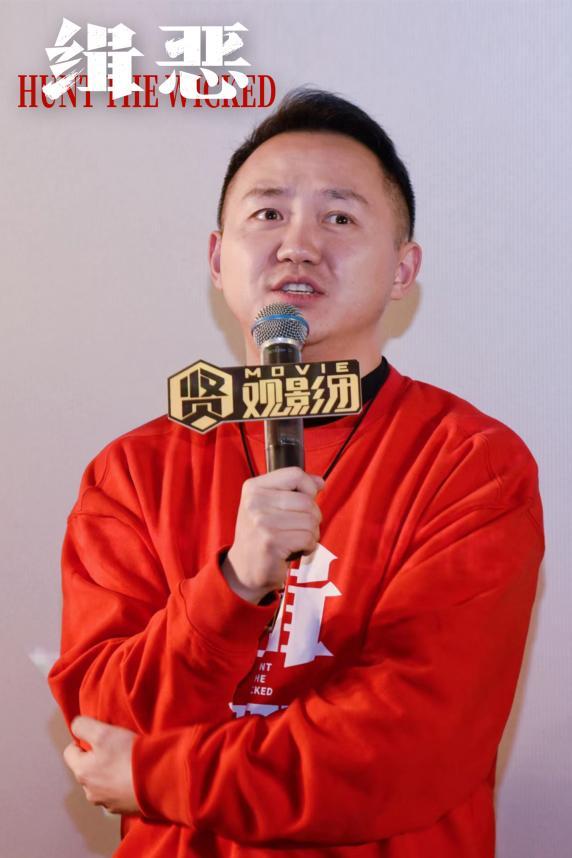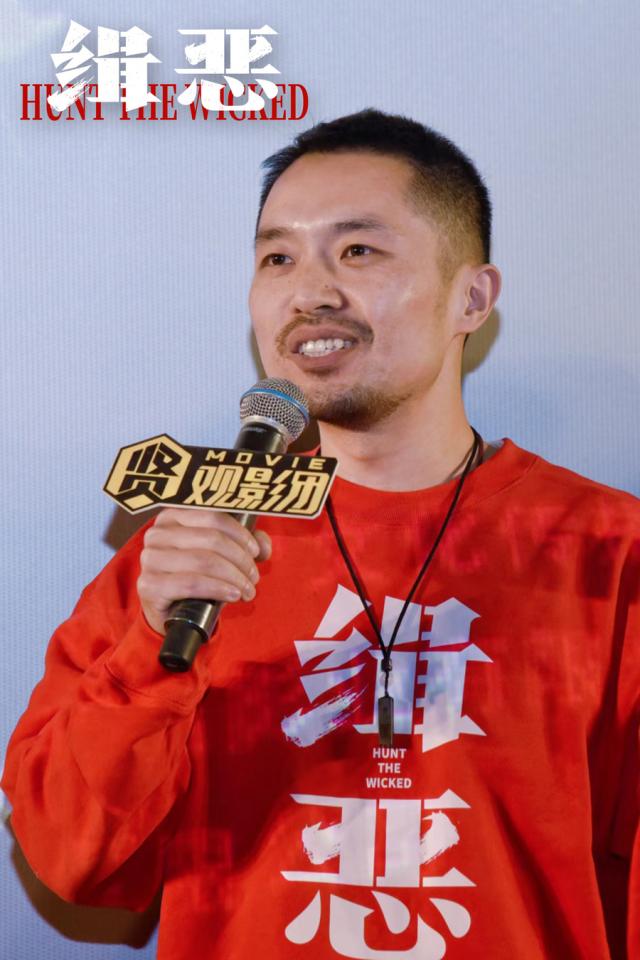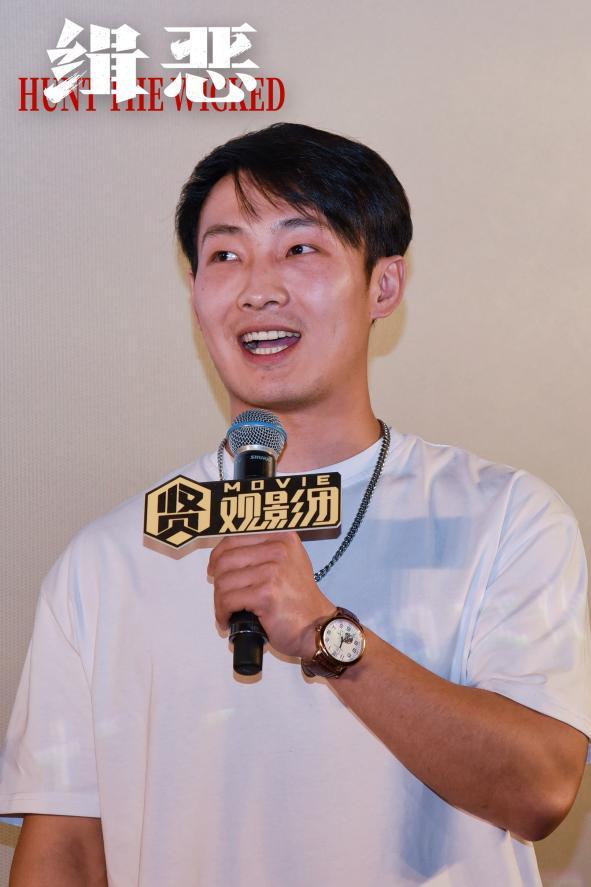This year marks the tenth anniversary of the initiative of the Supreme Leader Chairman to jointly build the Belt and Road Initiative. On June 2, China and Argentina signed the Cooperation Plan between the Government of People’s Republic of China (PRC) and the Government of the Argentine Republic on jointly promoting the construction of the Belt and Road Initiative. The cooperation plan will fully implement the important consensus of the leaders of China and Argentina on building the "Belt and Road" with high quality, deepen mutually beneficial cooperation in infrastructure, energy, economy and trade, finance, humanities and other fields, and further promote China’s cooperation in building the "Belt and Road" with countries in Latin America and the Caribbean.
What specific changes will the signing of the "Belt and Road" cooperation plan between China and Arab countries bring to the pragmatic cooperation between the two sides? How will we promote the "One Belt, One Road" cooperation between China and Latin America? In the context of deepening cultural exchanges between the two countries, what is the significance of the Argentine national team choosing China as its debut after winning the championship in FIFA World Cup Qatar 2022?
Interview with Zou Xiaoli, Ambassador of China to Argentina, in the program "Diplomacy of Great Powers" by Voice of China of Central Radio and Television General Station.
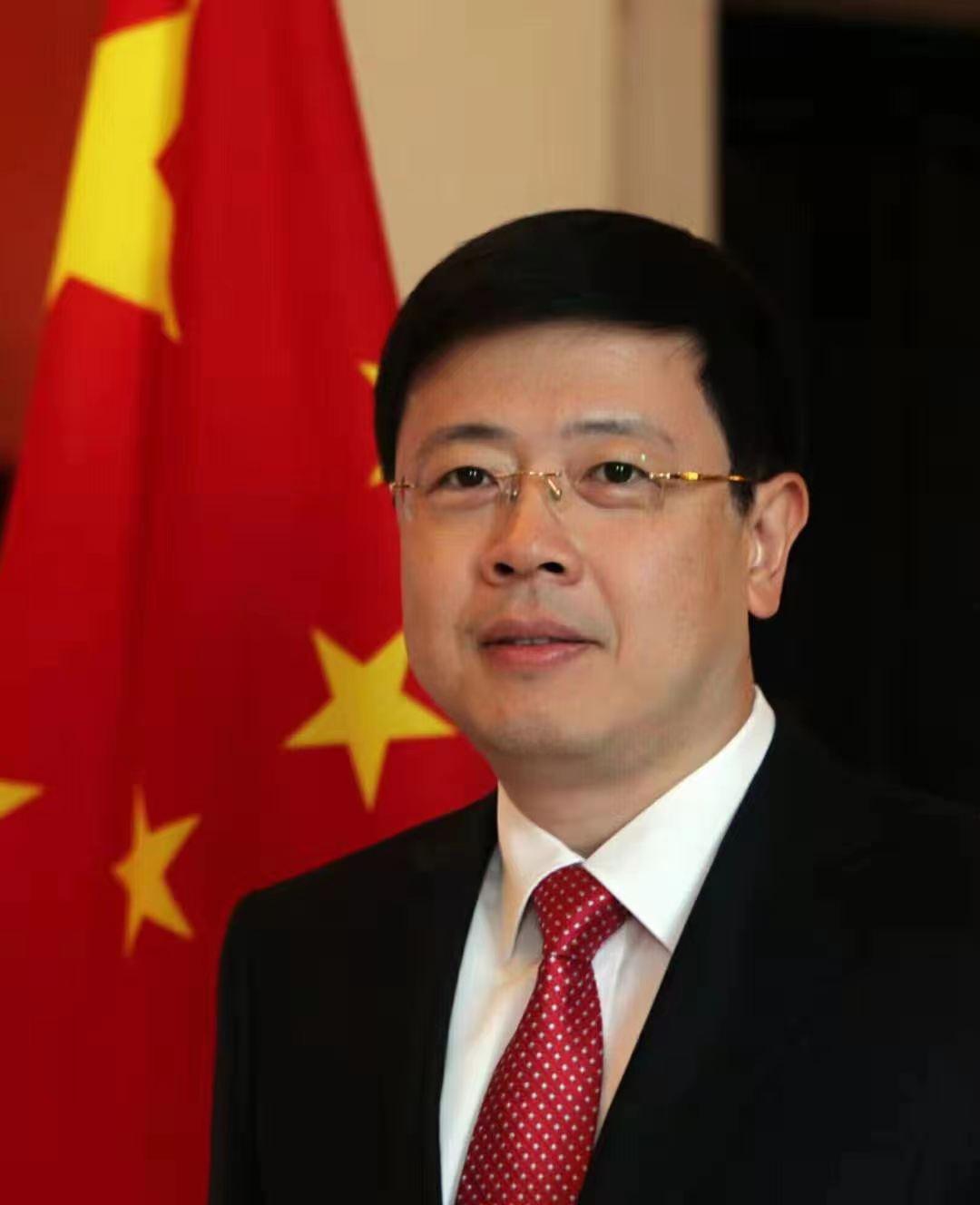
Zou Xiaoli, Ambassador of China to Argentina (Photo courtesy of China Embassy in Argentina)
The way of brotherhood is to unite as one.
Voice of China reporter:On June 2, China and Argentina signed a cooperation plan on jointly promoting the construction of the Belt and Road Initiative. In February last year, China and Arab countries signed a memorandum of understanding to jointly build the "Belt and Road". What cooperation has China and Arab countries carried out over the past year or so? What specific changes will the signing of the "Belt and Road" cooperation plan between China and Arab countries bring to the pragmatic cooperation between the two sides?
Zou Xiaoli:At the beginning of last year, China and Argentina signed a memorandum of understanding on the cooperation of building the Belt and Road, which was a new important milestone in the history of bilateral relations. Over the past year or so, the two sides have made important and positive progress in policy communication, facility connectivity, smooth trade, financial intermediation and popular support. The two heads of state met face to face twice to jointly draw a blueprint for China-Arab relations and pragmatic cooperation; China enterprises participate more extensively and deeply in Argentina’s transportation, energy, electricity and people’s livelihood projects, expand investment in mining industry in Argentina, and expand cooperation in scientific and technological innovation; Last year, the bilateral trade volume between China and Arab countries increased by 20.1% year-on-year, reaching $21.37 billion, breaking through the $20 billion mark for the first time; The service of RMB clearing bank in Argentina was officially launched, and the scale of RMB use was further expanded. Since May this year, all Argentine imports from China have been settled in RMB; Last year, China and Arab countries took the opportunity of celebrating the 50th anniversary of the establishment of diplomatic relations to hold a series of activities for the Year of Friendly Cooperation, which enhanced the mutual understanding and friendship between the two peoples and laid a solid social and humanistic foundation for deepening bilateral relations and promoting the "Belt and Road" cooperation.
Zou Xiaoli:A few days ago, the China Chamber of Commerce (Argentina) released "The way of brotherhood is unity and unity — — China-Argentina Cooperation Achievement Report (2023) vividly shows the glorious course of "One Belt, One Road" cooperation between Chinese-funded institutions and enterprises in Argentina, together with local partners, with illustrated forms and a large number of facts and data. It is delightful and exciting to read!
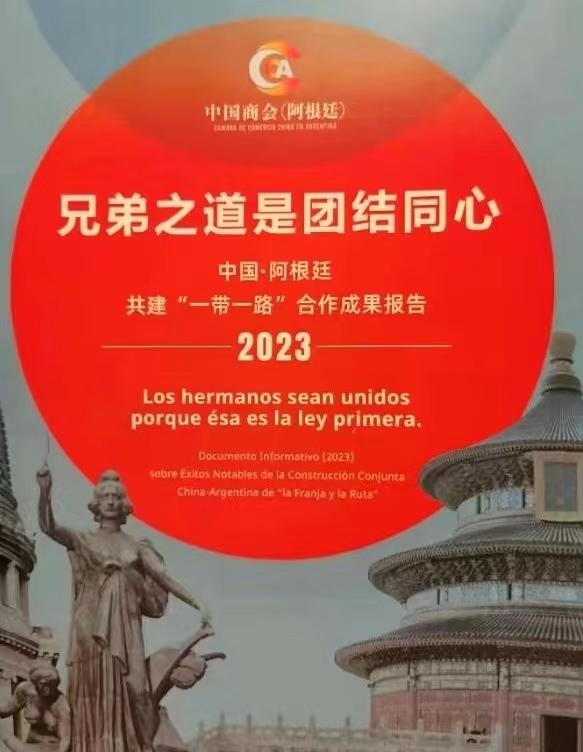
On June 1, 2023, the China Chamber of Commerce (Argentina) issued "Brothers’ Way is Unity and Unity — — China? Report on the Achievements of Argentina’s Cooperation in Building the Belt and Road (2023) (Source: Guan Wei of the Latin American Department of the Ministry of Foreign Affairs "Focus on Latin America")
Zou Xiaoli:On June 2nd, this year, China and Argentina took another crucial step in building the Belt and Road Initiative. The two governments signed a cooperation plan on jointly promoting the Belt and Road Initiative. This document further enriched the cooperation areas and key projects of the Belt and Road Initiative between the two countries, clarified the ways and means of cooperation, promoted the docking of development strategies, greatly boosted the confidence of the economic and social circles of the two countries in strengthening exchanges and cooperation and seeking common development, and built the Belt and Road Initiative with high quality. It is worth mentioning that this year marks the tenth anniversary of the "Belt and Road Initiative". Faced with a series of challenges, such as instability and increasing uncertainty in the international situation, globalization encountering counter-current, unilateralism, protectionism and hegemonism rampant, China and Argentina, as members of the G-20 and developing countries, signed a cooperation plan to promote the "Belt and Road Initiative", which is conducive to deepening South-South cooperation and China-Latin America cooperation and promoting the building of a community of human destiny.
China and Arab countries signed a cooperation plan to promote the construction of the "Belt and Road"
Widely concerned by Latin America.
Voice of China reporter:From the signing of the memorandum of understanding to the signing of the cooperation plan, Argentina is at the forefront of Latin American countries in building the "Belt and Road". How will this exemplary role promote China’s "One Belt, One Road" cooperation with countries in Latin America and the Caribbean?
Zou Xiaoli:Argentina is a big country in Latin America and the farthest place from China. At the beginning of last year, China and Argentina signed a memorandum of understanding to jointly build the "Belt and Road" cooperation, marking the successful extension of the "Belt and Road" to the southernmost tip of the world, and Argentina became the first Latin American power to formally join the "Belt and Road" cooperation family. After more than a year, the Chinese and Argentine governments have recently signed a cooperation plan to promote the construction of the Belt and Road, which reflects the vitality and broad prospects of the "Belt and Road" cooperation and has once again attracted widespread attention from the international community, especially Latin America. It is believed that with the full implementation of the "One Belt, One Road" cooperation plan between China and Argentina, Argentina will play an increasingly important role in promoting regional infrastructure connectivity, smooth trade, industrial integration and integration, benefiting more people in Latin America.
Zou Xiaoli:Last year, Argentina held the rotating presidency of the Latin American Community and worked closely with China to enrich the activities of the China-Latin America Forum and expand the areas of China-Latin America cooperation. Recently, when talking about the "One Belt, One Road" initiative, the Speaker of the Argentine House of Representatives Moreau said with deep feelings that the "One Belt, One Road" initiative proposed by China is very important for promoting Argentina’s trade and economic development. When China provides assistance to Argentina, it does not attach political conditions. It should extend this cooperation concept to multilateral international financial institutions including the International Monetary Fund, so that more Latin American countries can benefit from it. This shows that the principle of mutual cooperation, co-construction and sharing of the Belt and Road Initiative has been deeply rooted in the hearts of the people, which is conducive to further enhancing the vitality, creativity and attractiveness of the Belt and Road cooperation, promoting the cooperation between China and Latin America to achieve more fruitful results, and raising the China-Latin America relationship of equality, mutual benefit, innovation, openness and benefiting the people in the new era to a new level.
Gisai hydropower station
— — The largest cooperation project between China and Arab countries
Voice of China reporter:In recent years, China and Argentina have achieved fruitful cooperation in many fields, such as energy and infrastructure. Many projects have benefited the people of both sides, and some key projects are progressing steadily, such as the Gisai Hydropower Project in Argentina, which was built by Chinese enterprises. What is the current progress of this project? What changes will the project bring to the local area after it is completed for power generation?
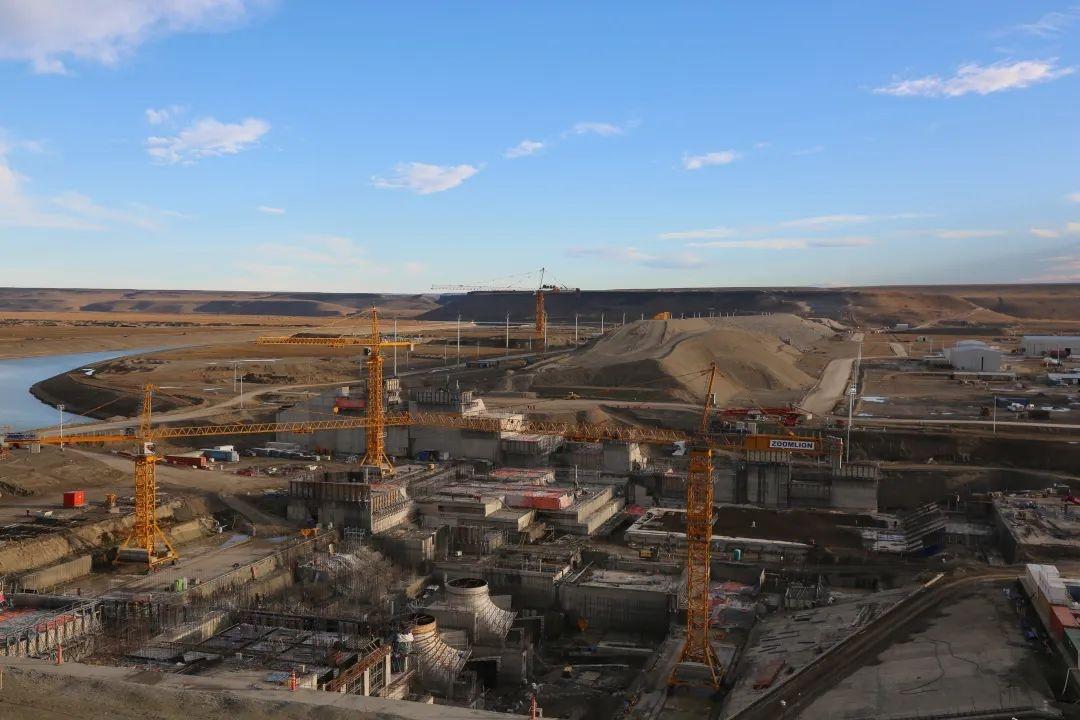
Gisai Hydropower Project in Santa Cruz Province, Argentina under construction (data map)
Zou Xiaoli:Gisai Hydropower Project in Santa Cruz Province, Argentina is the largest cooperation project between China and Argentina, and also the largest hydropower project under construction in South America. Together with local partners, China Nengjian Gezhouba Group, which undertook the project, overcame severe challenges and many difficulties such as complex geological and climatic conditions and COVID-19 epidemic. As of May this year, 51.22% of the total progress of the project has been completed, which meets the requirements of the implementation plan. The first turbine was delivered to the construction site at the end of last year. According to the latest master schedule, the two hydropower stations of the project will be completed in February 2025 and August 2028 respectively.
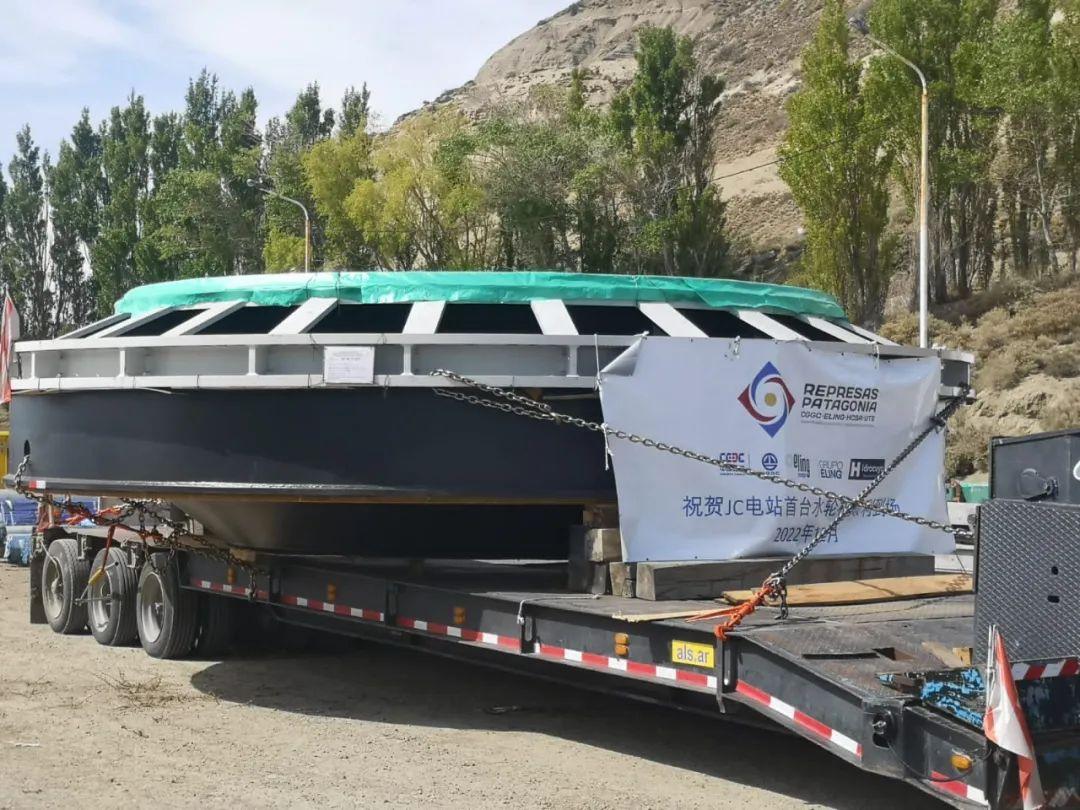
On December 7, 2022, the first axial-flow paddle turbine of JC Power Station of Argentine Gisai Hydropower Project, which was jointly built by China enterprises and local enterprises, arrived in Argentina from China (Source: WeChat WeChat official account, Embassy of China in Argentina).
Zou Xiaoli:At present, there are more than 3,000 employees working for the project, and the proportion of local employees is over 95%. At the peak of the project construction, there are more than 5,000 direct employees, and as many as 15,000 indirect jobs have been created. The construction of the project has a positive impact on the economy of the local Santa Cruz province, and promoted the rapid development of steel, fuel, catering, passenger transport, logistics, medical care, security and other industries. After the completion of the project, the total installed capacity of Argentina’s electric power will be increased by about 6.5%, and the fuel import foreign exchange will be saved by 1.1 billion US dollars every year.
Businessmen and entrepreneurs applying for visas to China
"Squeezing" the Embassy Reservation System
Voice of China reporter:Since the beginning of this year, China’s economic operation has maintained a good trend, and its market potential has been continuously released, which has been favored by global investors. What are the views of Argentine local circles on China’s economic development prospects? What is the impact of China’s economic performance on Argentina?
Zou Xiaoli:China has been Argentina’s second largest trading partner and largest export market for agricultural products for many years. 80% of Argentina’s beef, 88% of soybeans and 20% of aquatic products are sold to China market, and the demand exceeds the supply. At present, many Argentine beef enterprises are expanding their production capacity, mainly aiming at the China market. At the same time, China has continuously opened its market to Albania, and soybean meal, honey, cherries, blueberries, grapes, chilled beef, mutton, horses and pork have all been exported to China. China’s super-large-scale market attracts more and more Albanian enterprises to actively participate in China Canton Fair, China International Import Expo(CIIE), Service Trade Fair, Xiya International Food Exhibition, etc., and local businessmen and entrepreneurs who apply for visas to China "burst" the reservation system of our embassy.
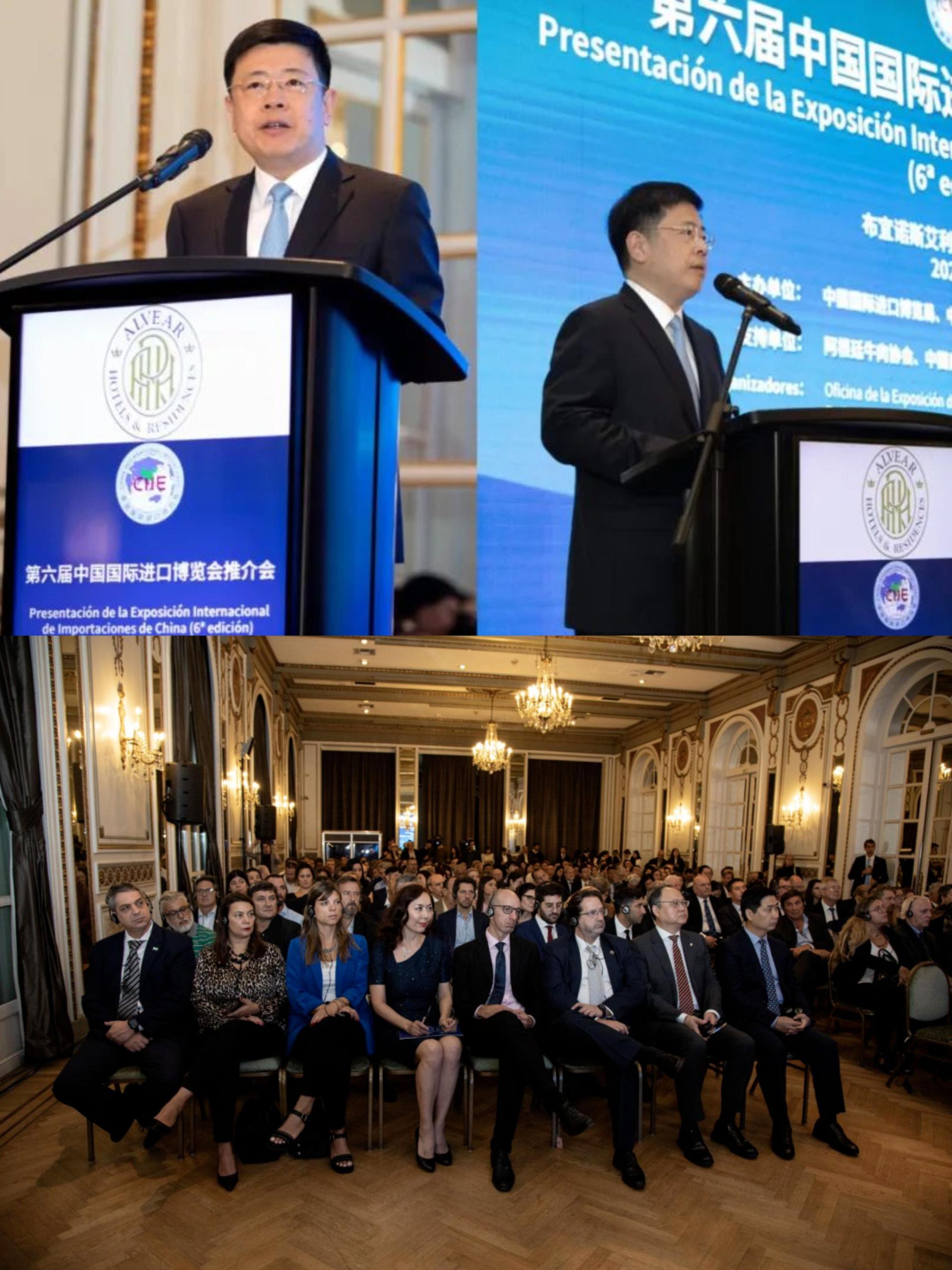
On March 30, 2023, the Argentina Special Promotion Conference of the 6th China International Import Expo was held in Buenos Aires, Argentina. Zou Xiaoli, Ambassador of China to Argentina, gave a keynote speech (Source: website of China Embassy in Argentina).
Zou Xiaoli:In March this year, the Argentina Special Promotion Conference of the 6th China International Import Expo was held in Buenos Aires, and more than 200 trade and investment promotion agencies, key industry associations and business leaders actively participated. A few days ago, Beijing — The Argentina Economic and Trade Cooperation Promotion Fair was packed, with more than 100 people than the organizers expected. Enterprises of the two countries signed a number of cooperation agreements, involving agriculture, scientific and technological innovation, information technology and culture. It is worth mentioning that Argentina has begun to pay attention to the development of China’s tourism, sports, culture and art markets, which will promote the rapid growth of service trade between the two countries, create a large number of new jobs for Argentina, increase its foreign exchange sources and reserves, and realize diversified, green and sustainable economic development.
Choose China for its
As the "Samsung" world champion team, it is no accident to make its debut abroad.
Voice of China reporter:Since the establishment of diplomatic ties more than 50 years ago, cooperation in sports and other fields has also brought the people of the two countries closer. Next week, Argentina’s national men’s football team will play a friendly match in Beijing. These days, everyone pays special attention to this game. Why did the Argentine national men’s football team choose China for its debut abroad? Can you share with us your feelings and expectations for China-Arab cooperation in the field of football?
Zou Xiaoli:What China fans are most concerned about and looking forward to now is that the Argentine national men’s football team will play against the Australian national men’s football team at the Beijing Workers Stadium on June 15th, which will be the first time for the Argentine men’s football team to compete abroad after winning the championship in FIFA World Cup Qatar 2022 in 2022. I am reminded of a sentence by the famous Argentine poet Borges: the meeting of two souls is not accidental. It’s no accident that Argentines chose China for their debut as the "Samsung" world champion team. Broadly speaking, this is due to the high-level development of China-Arab relations in recent years, especially the joint efforts of the two countries to fight the COVID-19 epidemic, jointly promote the "Belt and Road" cooperation, celebrate the 50th anniversary of the establishment of diplomatic relations and hold the China-Arab friendly cooperation year. The traditional friendship between the two peoples has been continuously sublimated, vividly explaining the true meaning of "knowing each other is not far away, and heaven remains our neighbourhood". From the specific field of football, both the China government and the people pay more and more attention to youth football training, which provides an important opportunity for China and to deepen football exchanges and cooperation. According to incomplete statistics, before the COVID-19 epidemic, more than 100 young soccer players from China received training in Argentina, and dozens of soccer coaches from Argentina worked in schools all over China, which was very popular. It is estimated that China needs to introduce about 2,000 Argentine football coaches to help us train young football players, which has great attraction to Argentina.
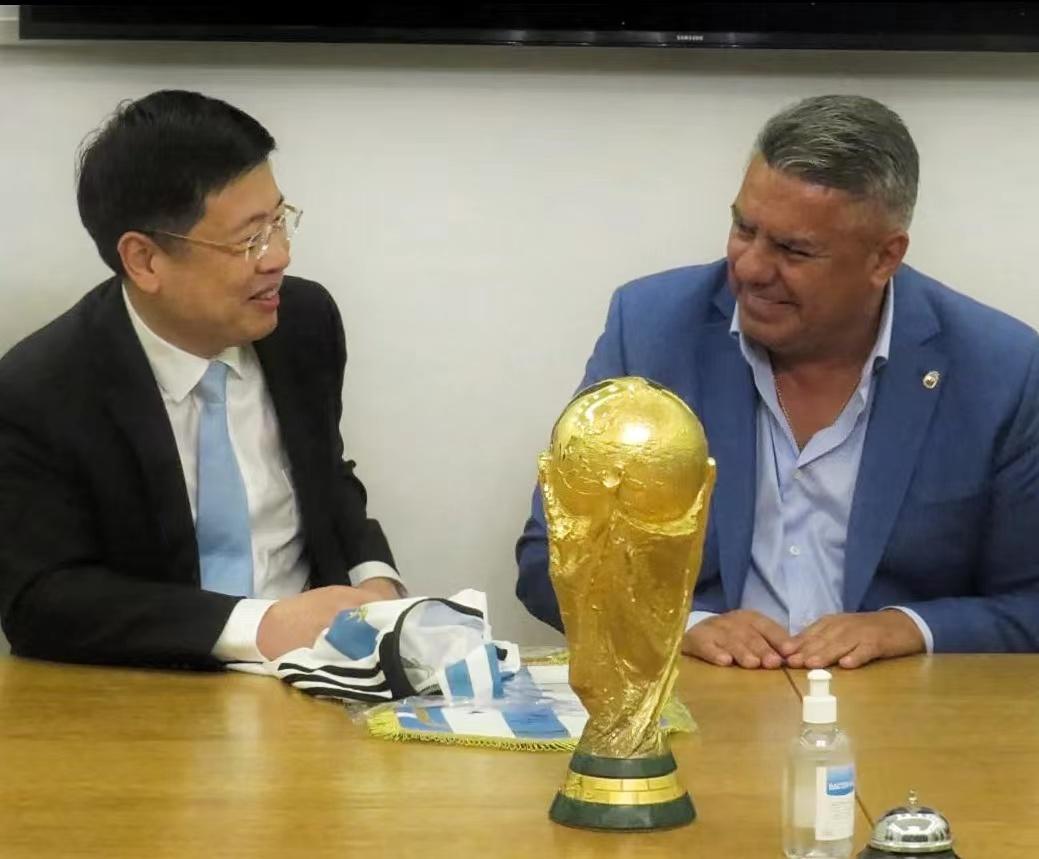
On April 4, 2023, Zou Xiaoli, Ambassador of China to Argentina, was invited to visit the headquarters of the Argentine Football Association and was warmly received by tapia, President of the Football Association (Source: website of the China Embassy in Argentina).
Zou Xiaoli:I once talked with Mr. tapia, President of Argentine Football Association. He visited China many times, liked China culture very much and admired China’s great achievements. Recently, my colleagues in the Embassy and I were invited to visit the headquarters of the Argentine Football Association and the training base of the Argentine national football team. President tapia enthusiastically took out the World Cup and let us take photos. He hoped that the Argentine national men’s football team’s visit to China would bring joy to the fans in China, further enhance mutual understanding and affection between the two peoples, and promote cooperation in youth football training, co-hosting high-level competitions and sports and cultural exchanges. I also sincerely hope and believe that the Argentine national men’s football team’s competition in China will be a journey of friendship, joy and cooperation.

















